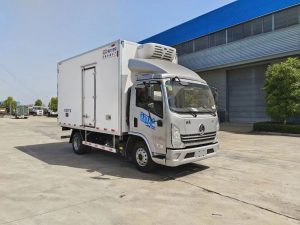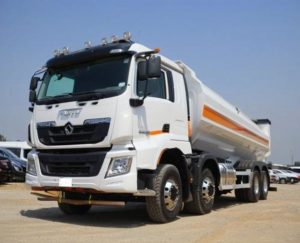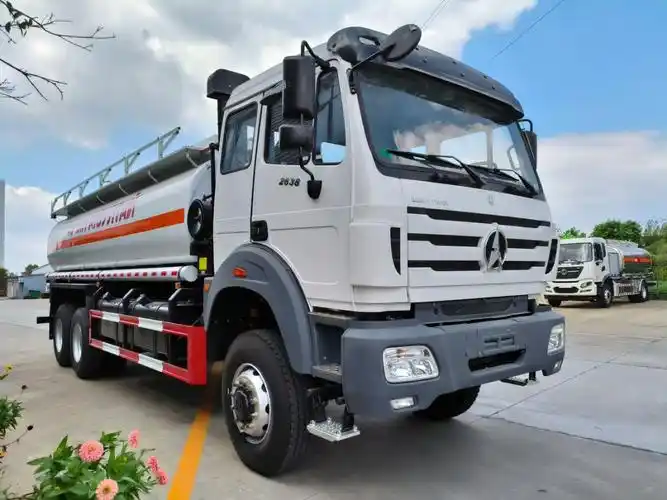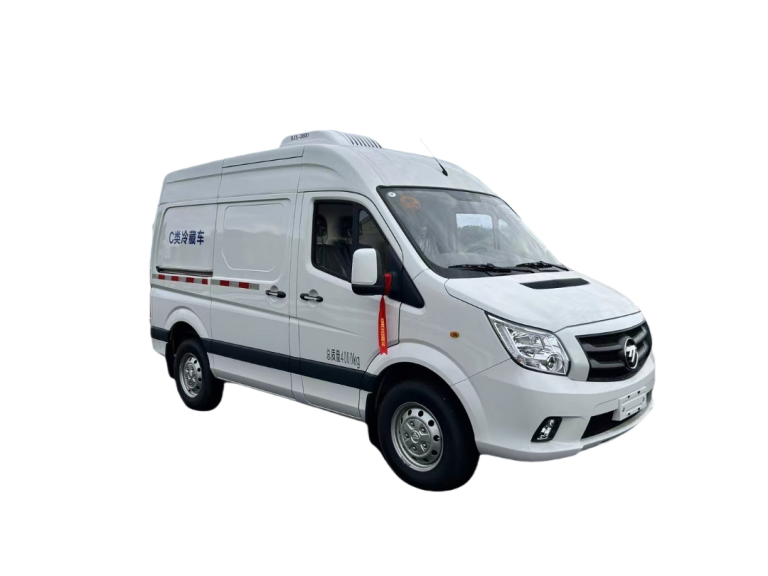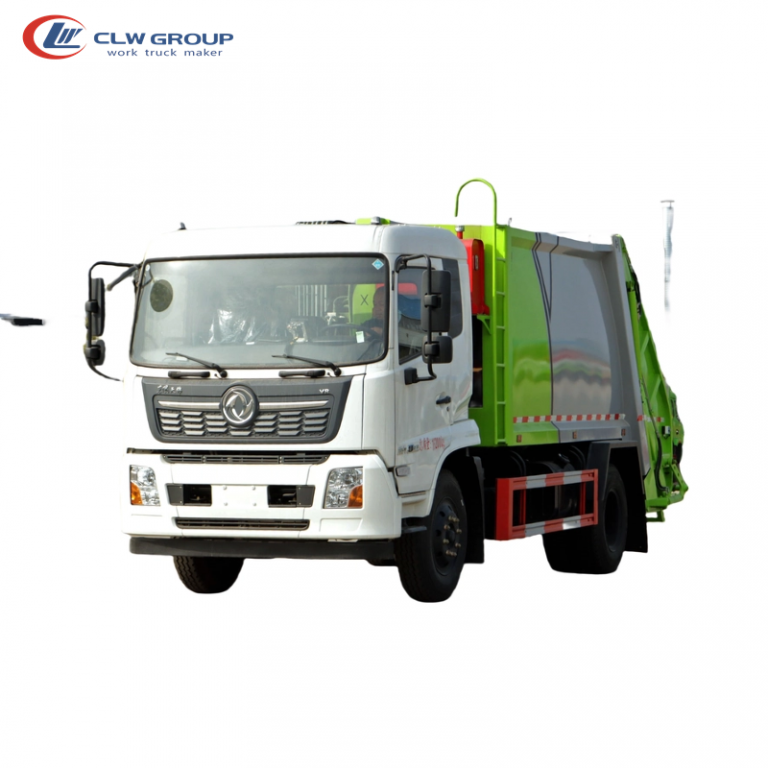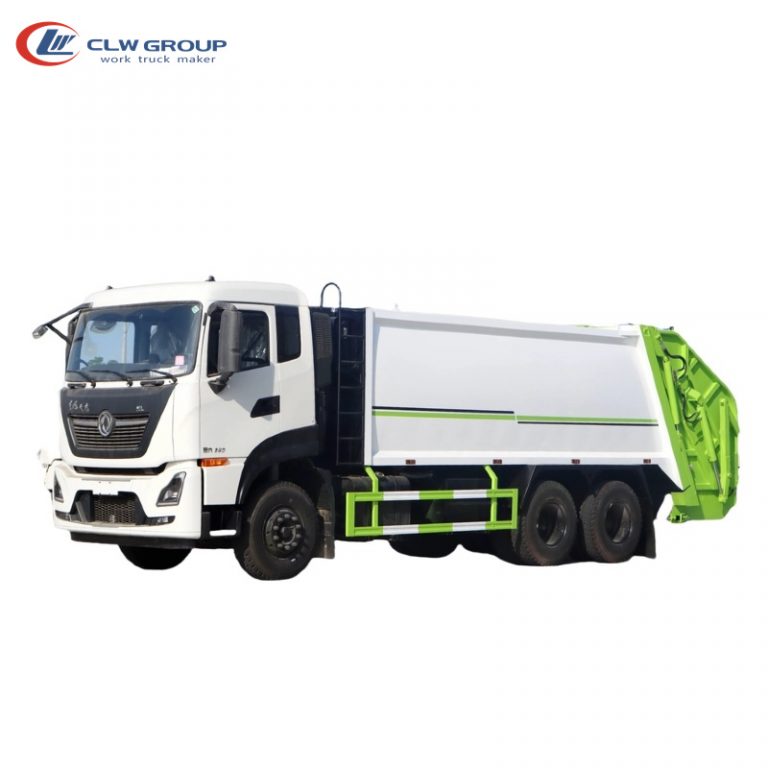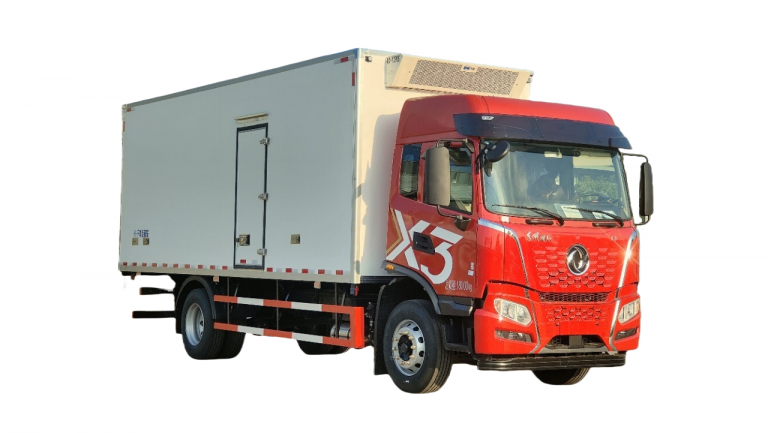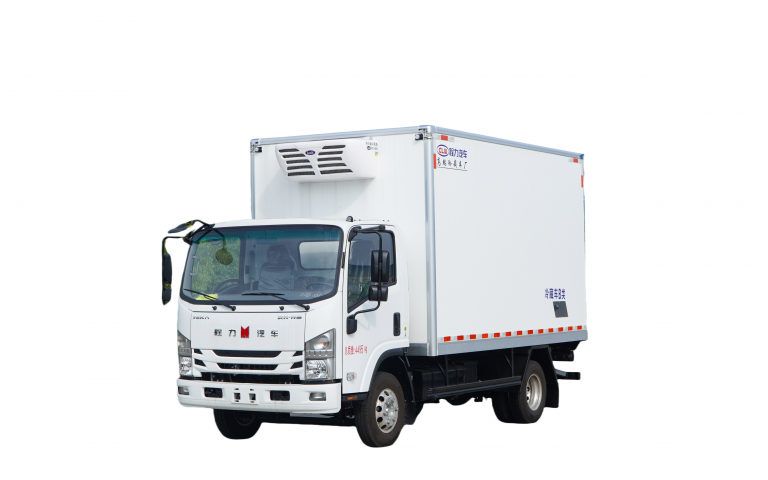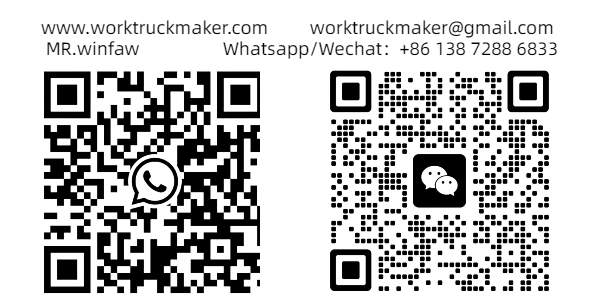Table of Contents
Toggle
When you hear the term “work truck,” what comes to mind? Is it the rugged utility vehicles that you see on job sites or perhaps those trusty companions that haul everything from tools to materials? Work trucks are more than just vehicles; they’re essential assets for countless industries. In this guide, we’ll dive deep into what makes a work truck tick, explore different types, key features, maintenance tips, modifications, and even a glimpse into the future of work trucks. Let’s roll!
What is a Work Truck?
A work truck is essentially any truck designed for transporting goods, tools, or equipment. Unlike standard passenger vehicles, these trucks are built to handle heavier loads and tough conditions. They serve a variety of purposes, from construction and landscaping to delivery and utility work. Whether you’re a contractor, a small business owner, or someone who needs to haul stuff regularly, understanding work trucks is crucial.
Work trucks often come equipped with specialized features such as reinforced frames, enhanced suspension systems, and durable interiors designed to withstand wear and tear. They can be customized based on specific job requirements, making them incredibly versatile.
Types of Work Trucks
Light-Duty Work Trucks
Light-duty work trucks are typically used for smaller jobs and are ideal for everyday tasks. These trucks usually have a gross vehicle weight rating (GVWR) of up to 8,500 pounds. Examples include the Ford F-150 and Chevrolet Silverado 1500. They are versatile, easy to drive, and can be fitted with various cargo boxes or tool beds.
Light-duty trucks are great for small businesses or individuals who need a reliable vehicle for errands, deliveries, or light hauling. Their fuel efficiency also makes them appealing for daily use without breaking the bank.
Medium-Duty Work Trucks
Medium-duty work trucks offer a balance between power and size, with GVWR ranging from 8,501 to 26,000 pounds. These are often used for larger construction jobs or when heavier payloads are required. Models like the Ford F-650 and International MV607 fall into this category. They can handle more significant equipment and materials while still being manageable for everyday driving.
Medium-duty trucks are particularly popular in industries such as construction and logistics. They strike a balance between being robust enough for heavy tasks while still being easier to maneuver than their heavy-duty counterparts.
Heavy-Duty Work Trucks
When it comes to heavy-duty work trucks, think powerhouses! These trucks have a GVWR of over 26,000 pounds and are built for the most demanding tasks. They’re typically used in industries like construction, towing, and hauling. Examples include the Freightliner M2 and Kenworth T370. If you need to move large loads or heavy machinery, these trucks are your go-to options.
Heavy-duty trucks often come with advanced safety features, enhanced towing capacities, and high-performance engines. They’re built to last and designed to handle the rigors of daily use in challenging environments.
Key Features of Work Trucks
Payload Capacity
One of the most critical features of any work truck is its payload capacity. This is the maximum weight a truck can carry in addition to its own weight. Knowing your payload requirements is vital for choosing the right truck—after all, nobody wants to exceed weight limits and face hefty fines!
For example, if you’re a contractor who regularly hauls construction materials, you’ll need a truck that can handle those loads without compromising safety or performance. Always consult the manufacturer’s specifications when assessing payload capabilities.
Towing Capability
Towing capability is another essential aspect. Many work trucks come equipped with powerful engines and towing packages that allow them to haul trailers or other vehicles. Whether you’re pulling a trailer full of equipment or a boat for a weekend getaway, understanding towing specs is crucial.
It’s important to note that not all trucks are created equal when it comes to towing. Some models offer advanced towing technologies like trailer sway control and integrated brake controllers that can make your towing experience safer and more manageable.
Fuel Efficiency
Let’s face it; fuel costs can eat into your budget quickly! Many modern work trucks now focus on fuel efficiency without sacrificing power. Look for trucks with advanced engines or hybrid options that can save you money in the long run.
For instance, some newer models come with turbocharged engines that provide better fuel economy compared to traditional V8 engines while still delivering excellent performance. Always consider the long-term savings on fuel when choosing your work truck.
Durability and Reliability
Work trucks need to withstand harsh conditions and heavy use. Look for models known for their durability—those that can handle rough terrain, inclement weather, and the daily grind without breaking down.
Manufacturers often provide warranties that reflect their confidence in durability. A truck with a solid warranty can offer peace of mind that you’re investing in a reliable vehicle.
Choosing the Right Work Truck
Assessing Your Needs
Before diving into the purchase process, assess what you need from your work truck. Will you be hauling heavy equipment regularly? Or are you more focused on light deliveries? Knowing your requirements will help narrow down your options significantly.
Consider factors such as load size, frequency of use, and the type of terrain you’ll be driving on. Creating a checklist can help you stay organized during this process.
Budget Considerations
Next up is budget! Determine how much you’re willing to spend on a work truck. Remember to factor in not just the purchase price but also insurance, maintenance costs, and fuel expenses. A slightly pricier model with better fuel efficiency might save you money over time.
Additionally, consider financing options available through dealerships or banks. Sometimes dealerships offer special promotions that can make purchasing a new truck more affordable than expected.
Brand Reputation
Brand reputation matters! Some manufacturers have established themselves as leaders in the work truck space due to their reliability and customer service. Do your research—check reviews and ask fellow professionals about their experiences with different brands.
Online forums can be a treasure trove of information where current owners share insights about their experiences with specific models and brands.
Maintenance Tips for Work Trucks
Regular Inspections
Keeping your work truck in top shape starts with regular inspections. Check fluid levels, brakes, lights, and tires before heading out each day. Catching minor issues early can save you from costly repairs down the road.
Set up a routine inspection schedule that aligns with your workweek. This proactive approach will help prevent unexpected breakdowns during crucial projects.
Oil Changes and Fluid Checks
Just like any vehicle, work trucks require routine oil changes and fluid checks. Following manufacturer guidelines will help maintain engine performance and extend the life of your truck.
Using high-quality oils and fluids can also make a difference in performance. Some manufacturers recommend synthetic oils that provide better protection under extreme conditions.
Tire Maintenance
Tires bear the brunt of heavy loads, so don’t overlook them! Regularly check tire pressure and tread depth. Properly inflated tires not only improve safety but also enhance fuel efficiency.
Consider investing in all-terrain tires if your work takes you off-road frequently. These tires provide better grip and stability on uneven surfaces.
Work Truck Modifications
Adding Storage Solutions
Many professionals find that additional storage solutions make their work more efficient. Consider installing toolboxes or racks to keep everything organized and easily accessible.
Modular storage systems can be particularly useful as they allow for customization based on specific job requirements. A well-organized truck can save time during busy workdays.
Upgrading Suspension Systems
If you’re frequently hauling heavy loads, upgrading your suspension system might be worth considering. This can improve handling and comfort while driving with a full load.
Upgraded suspension systems can also enhance safety by providing better stability when navigating rough terrain or steep inclines.
Enhancing Comfort and Usability
Lastly, think about comfort! Adding ergonomic seats or tech features like Bluetooth can make long hours on the road much more pleasant.
Many modern work trucks come equipped with advanced infotainment systems that provide navigation aids, hands-free calling, and even integration with smart devices—making your driving experience not only safer but also more enjoyable.
The Future of Work Trucks
The landscape of work trucks is evolving rapidly! With advancements in technology and growing environmental concerns, many manufacturers are investing in electric or hybrid models that promise to revolutionize how we think about work trucks.
Imagine a future where your work truck runs silently while you haul heavy equipment—exciting times ahead! Companies like Tesla are already making waves with their electric models designed specifically for commercial use. These innovations not only reduce carbon footprints but also lower operating costs over time due to fewer maintenance requirements and lower fuel costs.
Moreover, autonomous technology is on the horizon too! Imagine trucks that can navigate job sites without human intervention—this could drastically change productivity levels in various industries.
Conclusion
Work trucks play an invaluable role in various industries. Whether you need something light-duty for daily errands or a heavy-duty powerhouse for major construction projects, there’s a perfect option out there for you. Understanding the types, features, maintenance needs, modifications, and future trends can empower you to make an informed decision that will enhance your productivity.
So gear up, do your research, and find the work truck that suits your needs! The right choice will not only make your work easier but will also be a dependable partner in all your endeavors.
FAQs
- What’s the best type of work truck for small businesses?
- For small businesses, light-duty work trucks are often ideal due to their versatility and ease of handling while still offering enough capacity for most tasks.
- How often should I perform maintenance on my work truck?
- Regular inspections should be conducted before each use, while oil changes typically occur every 5,000 to 7,500 miles depending on your truck’s specifications; always refer to the owner’s manual for specific recommendations.
- Are electric work trucks available?
- Yes! The market is increasingly seeing electric work trucks designed for efficiency and lower environmental impact; models from companies like Tesla have started making an appearance in commercial sectors.
- What modifications can I make to my work truck?
- Common modifications include adding storage solutions like toolboxes or shelving units, upgrading suspension systems for better load handling, and enhancing comfort features like upgraded seating or infotainment systems.
- How do I choose the right brand of work truck?
- Research brand reputations through reviews online; seek recommendations from other professionals in your industry; consider warranty offerings as well as customer service experiences when making your choice.

